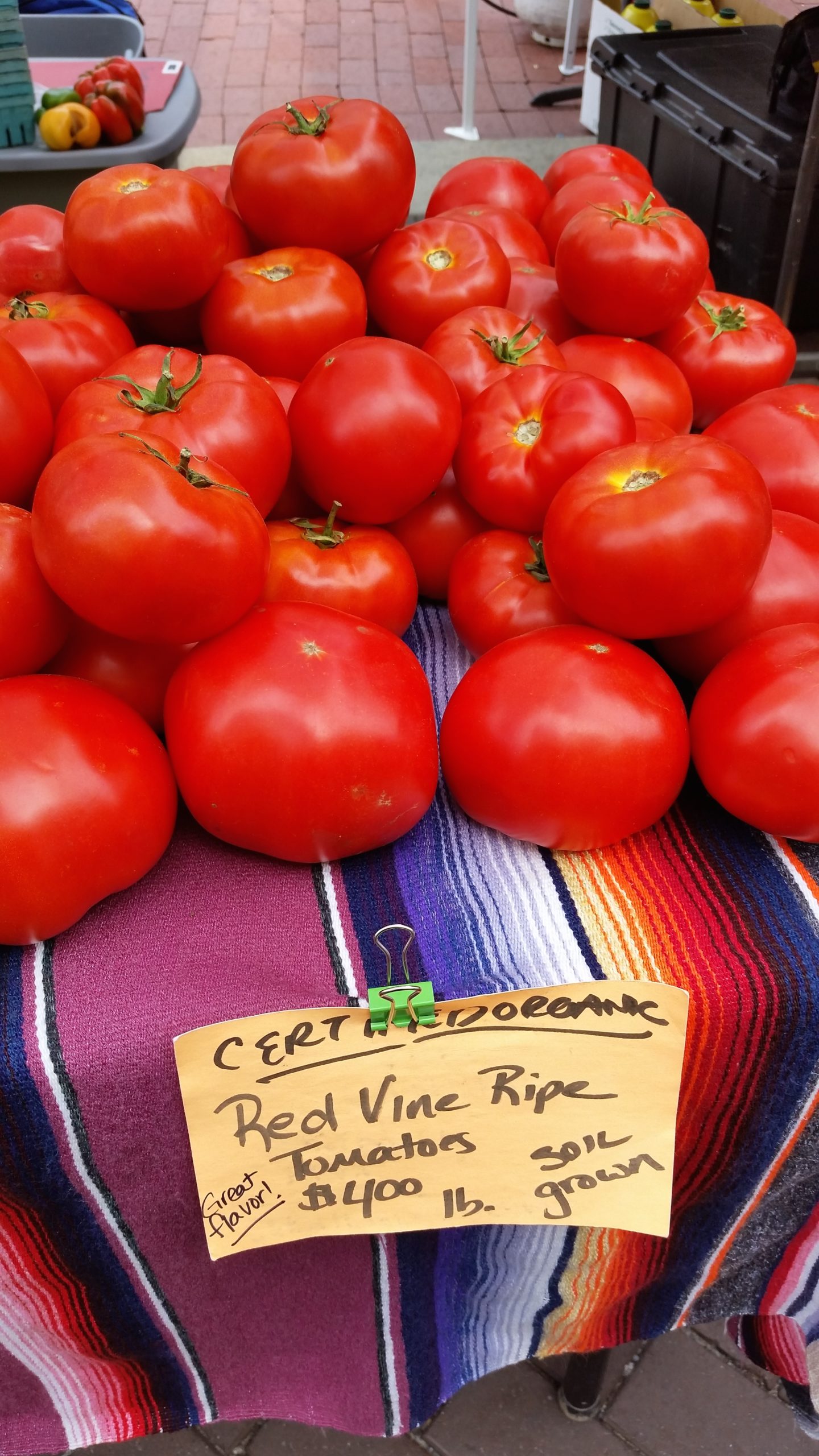 Eating fruits and vegetables that are grown without pesticides reduces the amount of toxic chemicals you eat.
Eating fruits and vegetables that are grown without pesticides reduces the amount of toxic chemicals you eat.
If you choose organically farmed beef, you’ll also minimize your exposure to antibiotic-resistant bacteria.
These conclusions seem obvious, but Stanford University put them to the test. In a recent analysis of 230 field studies and 17 human studies conducted in the U.S. and Europe, Stanford compared pesticide residues, antibiotic resistance and vitamin and nutrient levels in organic and conventionally produced foods.
Organic Produce Is Just as Good!
In the study, organic produce and meats were deemed to be just as nutritious as those grown with pesticides.
Moreover, “The study confirms … that consumers who eat organic fruits and vegetables can significantly reduce pesticide concentrations in their bodies,” Sonya Lunder, senior analyst at Environmental Working Group, said.
“This is a particularly important finding for expectant mothers and kids, because the risks of dietary exposures to synthetic pesticides, especially organophosphate and pyrethroid insecticides, are greatest during pregnancy and childhood, when the brain and nervous system are most vulnerable.
“These are two groups that should really avoid eating foods with high levels of pesticide residues.”
Based on its review of the research, the Stanford research team also concluded that:
conventionally raised meat (cows raised in crammed feed lots that are routinely given antibiotics to fight outbreaks of disease) harbors more antibiotic resistant bacteria.
In fact, the study found that people who eat non-organic chicken or pork are 33 percent more likely to ingest three or more strains of antibiotic-resistant bacteria than those who eat organic meat.
The conclusion is clear: Want to stay safe?
Stick to organic produce, grains, and meat.
FOR MORE INFORMATION:
Top Ten Organic Food Price Busters
Here’s How You Can Afford to Buy Organic Food





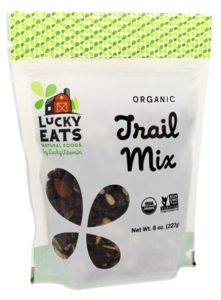
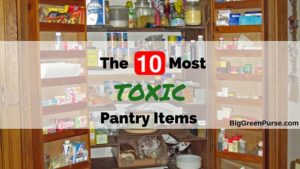
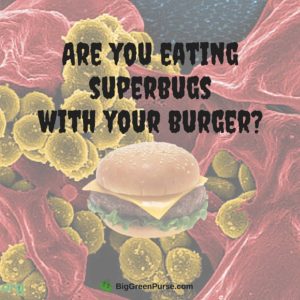
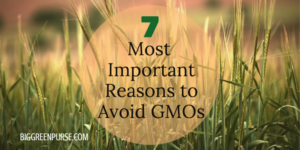
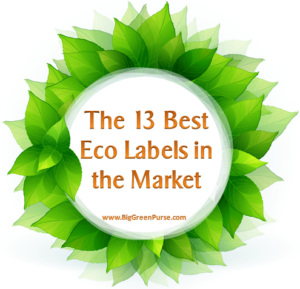



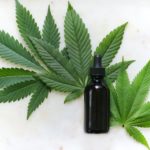




5 thoughts on “Eating Organic Produce Will Reduce Your Exposure to Toxic Chemicals”
Hi Diane,
I am reading your blog and I am really curious what is your opinion on algae detox properties?
Great post! I am just starting out in community management/marketing media and trying to learn how to do it well – resources like this article are incredibly helpful. As our company is based in the US, it?s all a bit new to us. The example above is something that I worry about as well, how to show your own genuine enthusiasm and share the fact that your product is useful in that case.
Honestly, I don’t know much about using algae for detox. Sorry! Please let me know what you find out.
The Stanford University report is shocking man. We must care about our love ones.
Sorry, but I don’t know of message boards. Your best bet might be the Big Green Purse facebook group. Thanks.